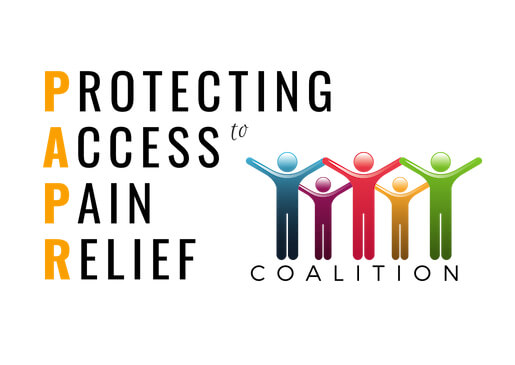March 13, 2015
Do Americans Want the FDA to Restrict Pain Medications or Educate Consumers on Their Use?
The U.S. Food and Drug Administration (FDA) is concerned about people taking acetaminophen. They are so concerned about misuse and unintentional overdose that they are considering restricting access to certain over-the-counter (OTC) pain medications, as well as possibly changing medications’ labeling (rules related to the use and access to a medication) so that they are no longer available without a prescription.
That does not sit well with the vast majority of Americans.
A survey of 1,600 American adults conducted by Clarus Research Group with support from McNeil Consumer Healthcare asked people what they thought about restricting pain medication or educating consumers.
Consumers want education, vs. restrictions to pain medication. And, that makes sense to most people in pain, who are far better suited to making decisions regarding their own healthcare than relying on sweeping changes from the FDA, particularly with respect to basic OTC pain medications.
The survey found:
- 77 percent of those under age 60, and 68 percent of those over age 60, prefer consumer education to government restriction as a way to protect people from acetaminophen overdose.
- 75 percent of respondents under age 60, and 70 percent of respondents over age 60, believe that the FDA should not change its policies to require a doctor’s prescription to buy extra-strength Tylenol or an equivalent store brand.
- 52 percent of those under age 60, and 45 percent over age 60, believe that requiring a prescription will make it more difficult to access safe pain medications.
“The aging of our population means that more Americans will be faced with persistent pain,” says Cynthia Bens, vice president of Public Policy for the Alliance for Aging Research. “Potential barriers to OTC medication access may have unintended health consequences for seniors who rely on OTC pain relievers that contain acetaminophen to reduce their pain and maintain their quality of life.”
The survey also offered insights into the amount of pain people experience:
- More than 70 percent of respondents age 60 and over use an OTC pain medication.
- More than 80 percent of respondents under age 60 use an OTC pain medication.
According to the Alliance, “When used as directed, acetaminophen is safe and effective, but there is a limit to how much should be taken in one day. Taking more acetaminophen than directed is an overdose and can lead to liver damage. The FDA recommends taking no more than 4,000 mg of acetaminophen in a 24-hour period.”
National Pain Report has been covering a wide range of government actions that are intended to increase public safety and decrease the likelihood of adverse events, overdose and death. We’ve also seen the real-life ramifications well-intended policy has on the people these medications are designed to help.
Now, general public opinion is that chronic pain sufferers are drug seekers; physicians are drug pushers; and pharmacists are drug dealers. Yes, a very few bad apples in this world earn these labels, but they are absolutely the exception.
With even greater restrictions potentially on the horizon for acetaminophen, does this mean that these labels will now begin to apply to people who simply need Tylenol? Are they drug seekers needing saving, or is education a smarter policy choice?
There are variant cases such as bipolar disorder which have no cure. Naturally, about 35% of Americans order medications online. For example you can purchase penicillin antibiotics that fights bacteria. This type of medications will not treat several infection such as the common cold. Do you know what Levitra is? Levitra is a remedy used to treat a lot of diseases. What do you already know about buy cheap levitra? Probably each adult has heard about generic levitra online. Variant companies describe it as online levitra. Albeit erectile disfunction is more common in men over sixty, men of any age can unable to have an erection. Low interest in sex isn’t the same as impotence, but numerous the same aspects that stifle an erection can also dampen your libido. Prescription medicaments can save lives, but they can also come with dangerous side effects. It’s vital to remember that not all drugs are good for your. Along with their helpful effects, most medicines, however, have unwanted aftereffects although ordinarily not everyone experiences them. Store the medicaments away from excess heat. For example the liquid medications usually have to be kept in the fridge, but other may be stored at room temperature.


